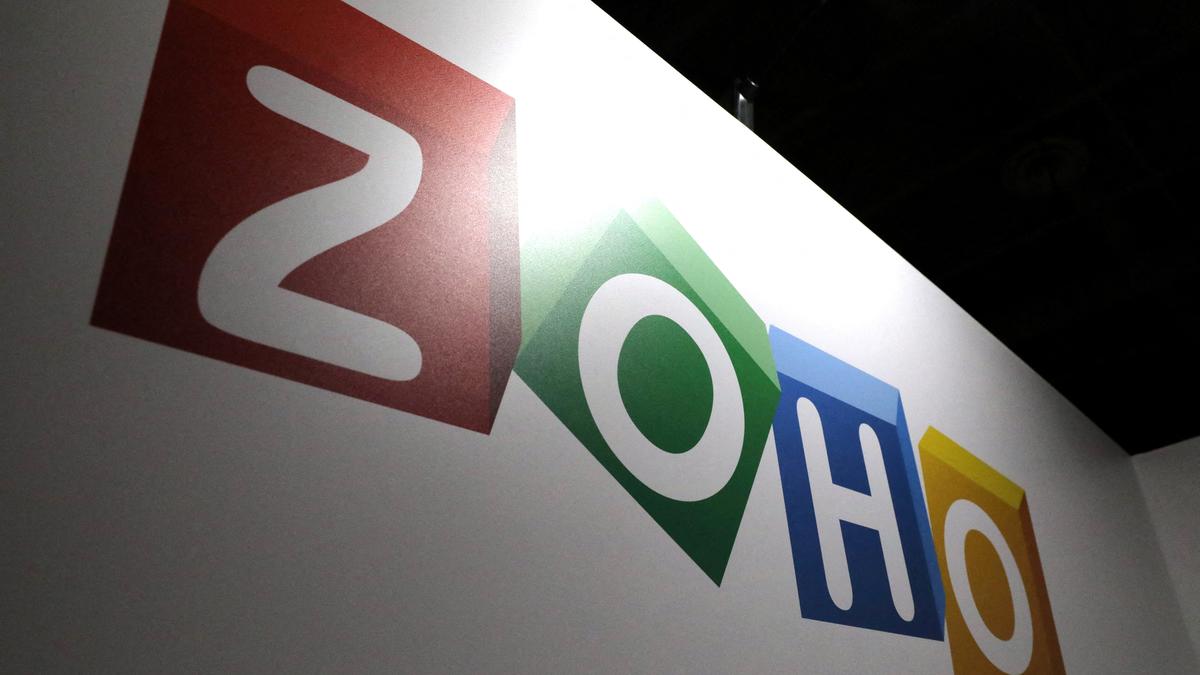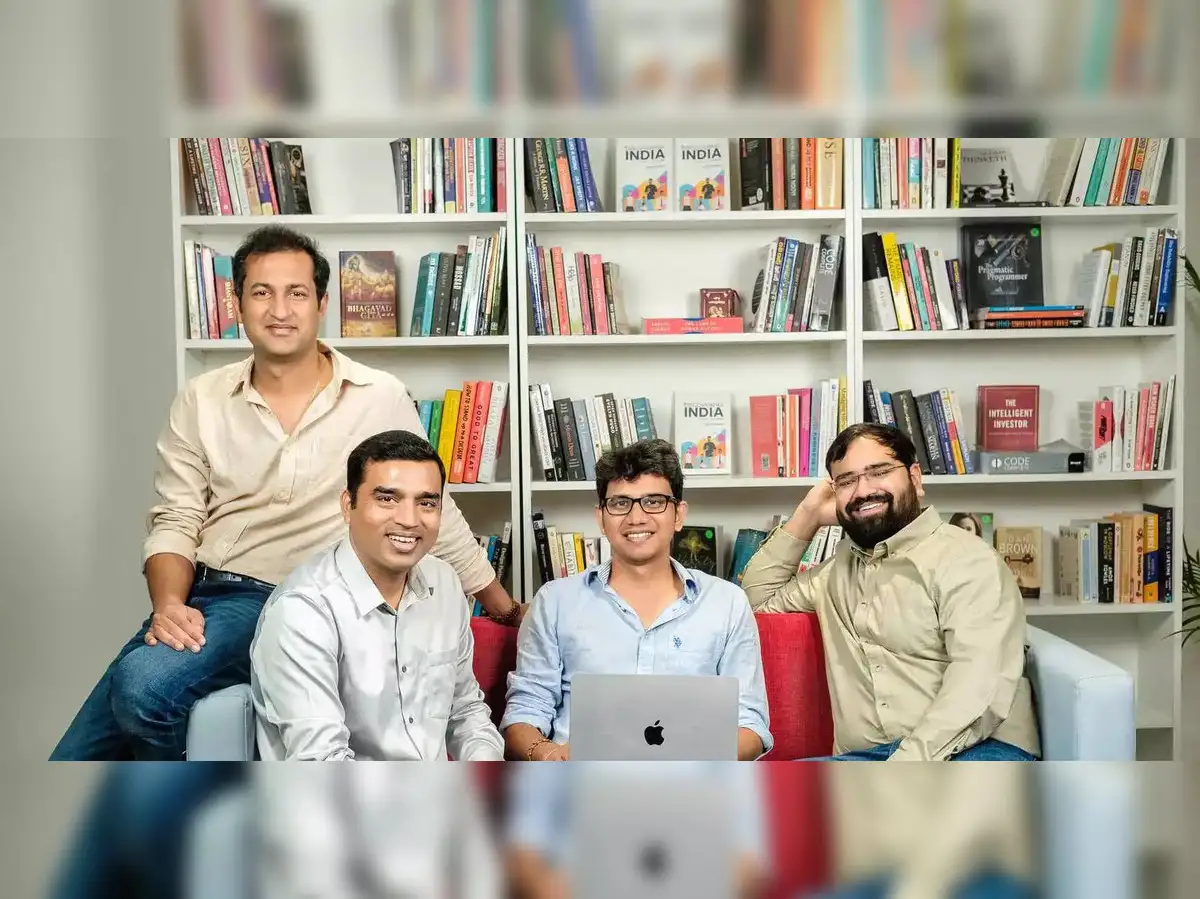By Sindhu Hariharan
Copyright thehindubusinessline

As Indian ministers vocalise support to the software firm Zoho’s made-in-India products, industry trackers note that the move will nudge India to go ‘Swadeshi’ in technology, but there will be a long journey to scale.
Union Minister Ashwini Vaishnaw on Monday announced he is moving to Zoho, a homegrown platform for documents, spreadsheets and presentations. He also went one step ahead and presented his Cabinet announcements on Wednesday on Zoho’s presentation software. Education Minister Dharmendra Pradhan also urged people to support India-made digital platforms posting about how he was moving to Zoho’s B2C messaging app Arattai for his communication needs.
Reacting to all the support coming their way, Praval Singh, VP Marketing and Customer Experience, Zoho, told businessline that the “movement” is more than just being Swadeshi and addresses the aspect of building and innovating in India. ‘The increased focus on Swadeshi software, will encourage more companies to come up with innovative solutions to serve local needs,” he added.
Singh notes that the endorsement is a “validation” of the years of Zoho’s efforts. “At the end of the day, it’s not just about Made-in-India. These products need to be good, scalable, secure, and provide enough value to customers for them to get adopted. Building such products takes time,” he said.
“We are the only company in the world that can take on Microsoft in the breadth and depth of the product suite. Our products offer a vastly superior experience to Microsoft…,” Sridhar Vembu, co-founder and Chief Scientist, Zoho, posted on X. “We are doubling down on R&D in cloud infrastructure, platforms, AI and applications, so you will see even faster innovation from us,” he added.
Zoho has 55 business apps and over 130 million users globally. From creating its own enterprise LLM, web browser, proprietary scripting language and even setting up its own data centres, Zoho believes in making all the pieces of its tech stack in-house to hold control of privacy and security.
Messaging app
Arattai, Zoho’s messaging app, launched in Beta back in 2021 at a time when WhatsApp’s privacy stance came into question by users. The app however has not been marketed heavily by Zoho over the years.
“Arattai is already available for download and use by users. Currently we are working of the infrastructure and usability aspects of the application and these are an ongoing effort in proving the value customers needs from a communication application that they can trust with privacy at the core,” Singh said.
Even as social media users declare their support to Indian tech products, analysts note that nationalism alone may not be enough to reduce dependence on global products.
“In case of social messaging apps, the biggest challenge for any Indian product to displace WhatsApp would be the network effects,” Vikas Chawla, co-founder, Social Beat said. ”It takes time for any new app to become a part of the social fabric and become integral to daily conversations of users,” he added.
Nimesh Shah, Head maven of digital experiential agency Windchimes, believes that many Indian software products are on par with or even better than Microsoft, Google, etc. but it is essential they are compatible and integrate-able with global clients to work on them seamlessly. “If that is satisfied, it is easier to be self-reliant on enterprise software,” he said.
Zoho’s Singh agrees that large-sized businesses tend to choose certain areas and migrate to new systems in a phased manner.
Vishesh Rajaram, managing partner, Speciale Invest, a backer of deep tech firms notes that if something India makes is as good as those made globally, it’s important to use Indian products. “The change may come slow but today’s early deep tech technologies are certain to make a difference to India’s sovereignty in technology in the future.”
Published on September 25, 2025



